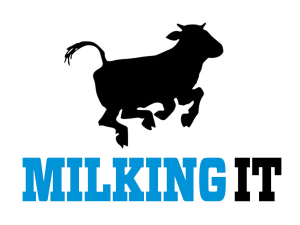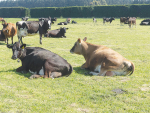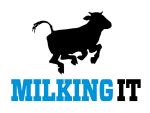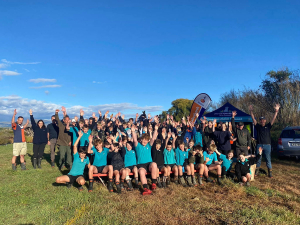OPINION: How do you get people to stop drinking milk and switch to foods like fruit, vegetables, nuts and grains?
The simple answer is that you can't. But try telling that to animal welfare group Taranaki Animal Save.
Last month, their activists have covered the iconic cow statue at Fonterra's Whareroa plant in Taranaki with red paint and hung a "dairy kills" sign from its neck to commemorate Bobby Calf Awareness Day.
It was to highlight the plight of bobby calves, they say.
But the industry is already working to improve its treatment of bobby calves: Fonterra farmers must ensure all non-replacement calves enter a value stream - either beef, calf-veal (bobby) or pet food; and calves are only euthanised on-farm when there are humane reasons for doing so.


















